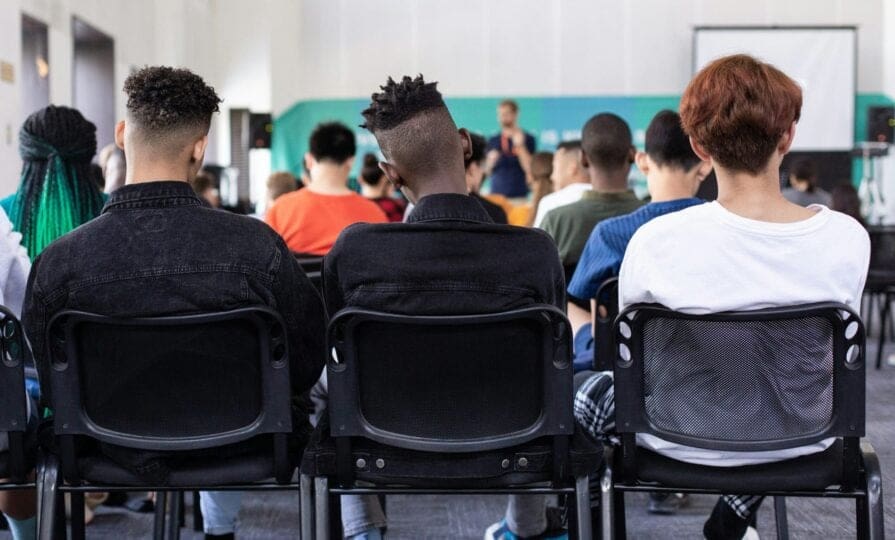UPP Foundation launches inquiry into widening uni participation gap
Some 75% of teachers in Ofsted ‘Outstanding’ schools think half or more of their class will progress to higher education, compared with just 35% of teachers in schools rates ‘Required Improvement’ or ‘Inadequate’

The UPP Foundation has launched an inquiry into the future of widening participation in higher education, after its new poll found “significant” regional disparities between teachers’ expectations of how many young people will attend university.
Some 75% of teachers in London expect at least half of their class to progress to higher education, compared with just 45% in the north west, Yorkshire and the north east.
Meanwhile, the poll found that 75% of teachers in Ofsted ‘Outstanding’ schools think half or more of their class will progress to higher education, compared with just 35% of teachers in schools rates ‘Required Improvement’ or ‘Inadequate’.
University is still the preferred post-18 option for the majority of parents, but over a third (36%) think tuition fees are too expensive, and 31% are concerned about the high cost of living for students.
Almost a quarter (24%) of teachers think that the main barrier to higher education progressions for their students is an inability of their students to achieve the required grades.
The inquiry aims to support the government’s Opportunity Mission by providing concrete recommendations to break down barriers to higher education and improve student outcomes.
Despite the target of 50% of young people attending university being met in 2017, the difference in progression rates to higher education between students eligible for free school meals and their peers has widened to 20.8% – the highest on record, according to the UPP Foundation.
Regionally, London’s higher education participation rate stands at 61.2%, compared to just 40.8% in the North East.
The UPP Foundation inquiry will focus initially on two key areas: regional “cold spots” where significantly fewer young people attend university and student experience disparities once undergraduates reach university.
Richard Brabner, executive chair of the UPP Foundation, said: “This agenda is too important to be put on the back burner. With universities facing unprecedented financial challenges, we want to fill some of the gaps left by the Opportunity Mission to set out concrete goals and policy recommendations that could help make fair access, widening participation and student success a reality.”